Fractures caused by falls are inherent to cycling. It is often assumed that the impact on the asphalt is the culprit for breaking a random bone in a cyclist, but new research may point in the direction of another cause: Many cyclists eat too little and lack variety in their training, resulting in low bone density.
During the COVID-19 pandemic, the HAN University of Applied Sciences in Arnhem and Nijmegen conducted a study among a hundred current and former cyclists. The outcome of the research was astonishing: 65 percent of male and 45 percent of female professional cyclists have poor bone health. And with weak bones, fractures are more likely to occur.
The cause of the weak bone structure is too little (other) physical activity. According to Luuk Hilkens, lecturer and researcher at HAN, "Jumping, twisting, running, and leaping - these movements are very good for your bones. Cyclists who have participated in other sports in the past, such as gymnastics and soccer, have better bone density than those who have only cycled since the age of ten."
Age plays a crucial role in this regard. "The teenage years are the golden years for bones because that's when they develop the fastest," Hilkens says. "So specializing at an early age is not a good idea." Engaging in other sports besides cycling, such as running, can be the solution. Wout van Aert and Primoz Roglic have been doing that for years now.
Ger van Olden was Jumbo-Visma's team doctor for ten years. He confirms the findings of the research. "Osteoperosis is common among cyclists. They put less strain on their bones, and on top of that, they also want to lose weight. We took immediate action within the team. Additionally, we started supplementing the riders. You can supplement it with calcium and vitamin D3, for example."
Because nutrition can also be a culprit for poor bone health. Many cyclists eat too little, for example, to lose weight. They are very concerned with their weight. This observation is supported by nutritionist Lieke Dommerholt from the Dutch DSM team. "What I have seen a lot in the five years that I have been doing this is that the youth athletes who join our team have a very poor basic diet. And that is really harmful, considering the amount of training they do. If they continue like that, it will be very detrimental in the long run."
Team leader Romain Bardet is a good example, according to Dommerholt. "When he joined us, his intake really was not good enough. He had such low carbohydrate levels compared to what he needed for his training. He had to trust me, but afterwards, he also noticed that he had more energy during training sessions." Whether this will lead to success in the Tour de France remains to be seen from July 1st when the first stage starts in Bilbao.
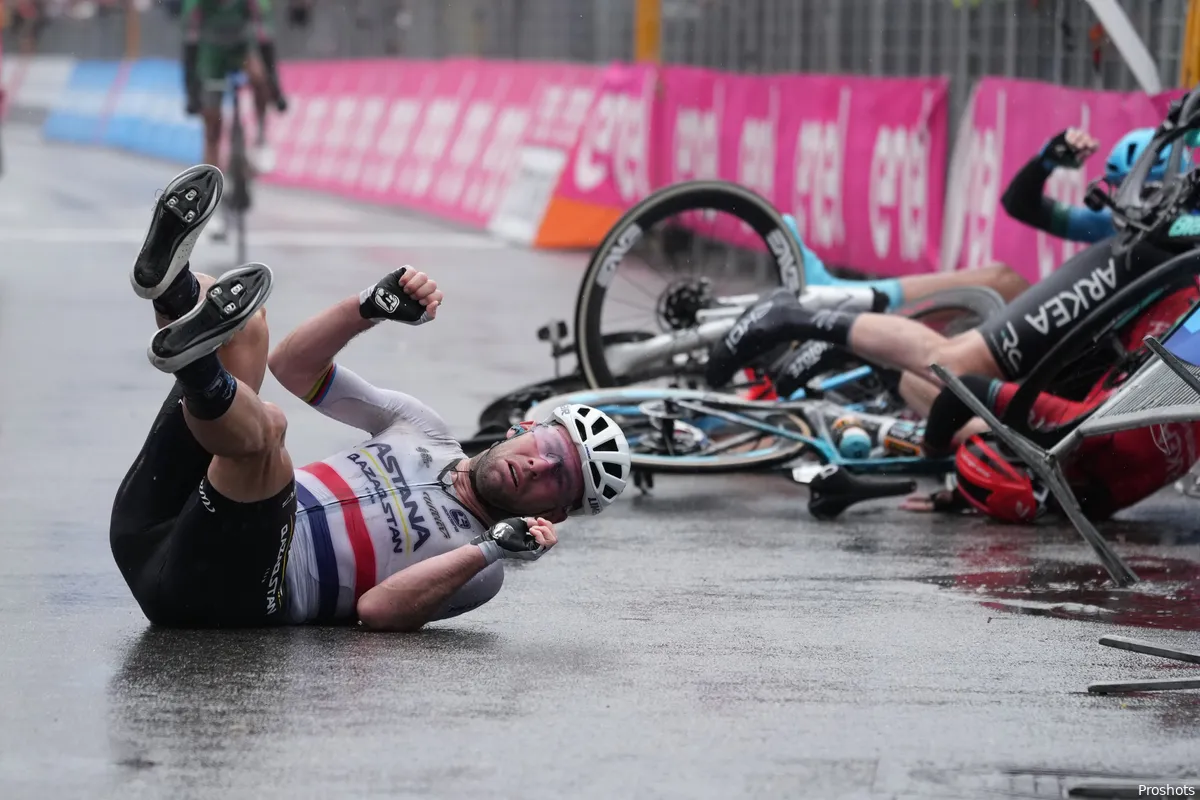

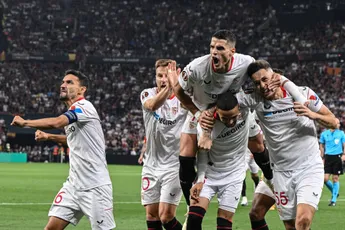
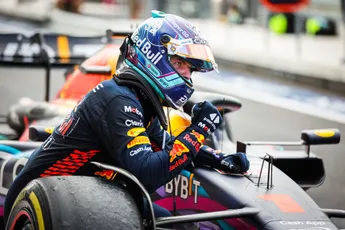
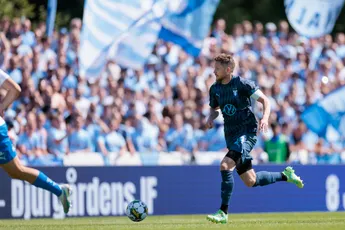


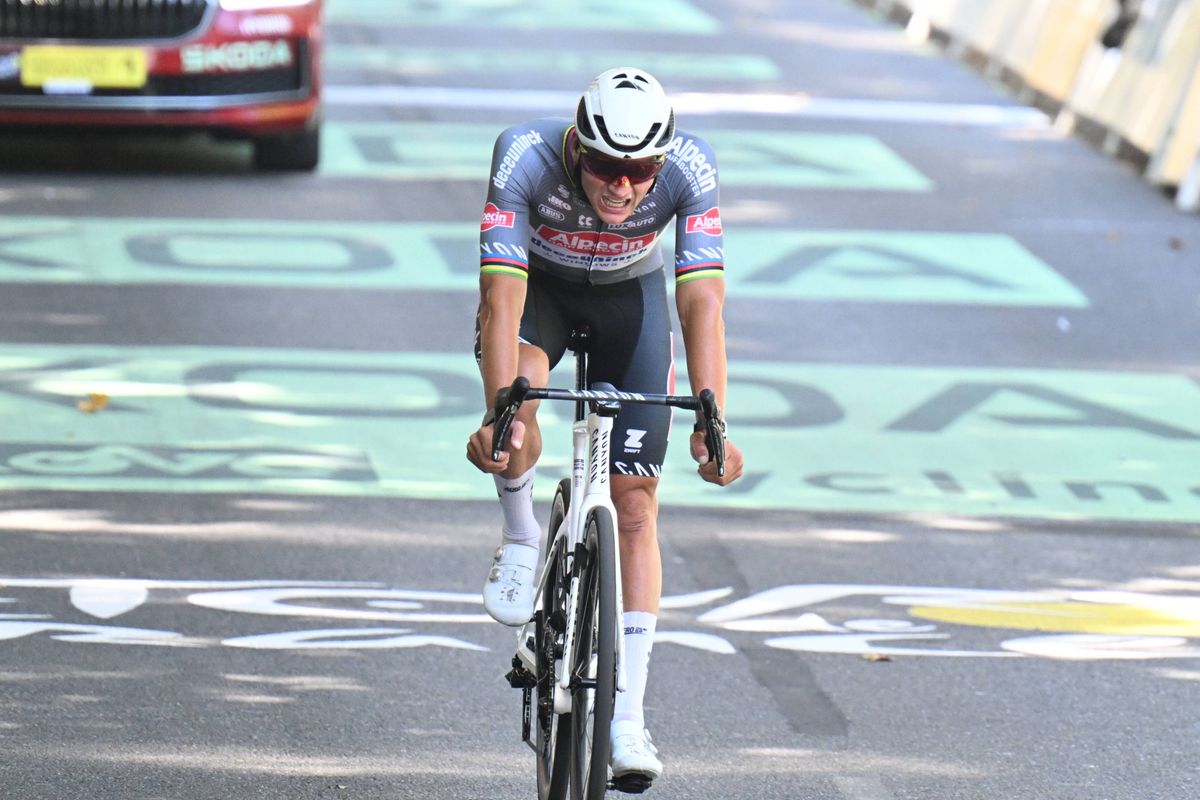
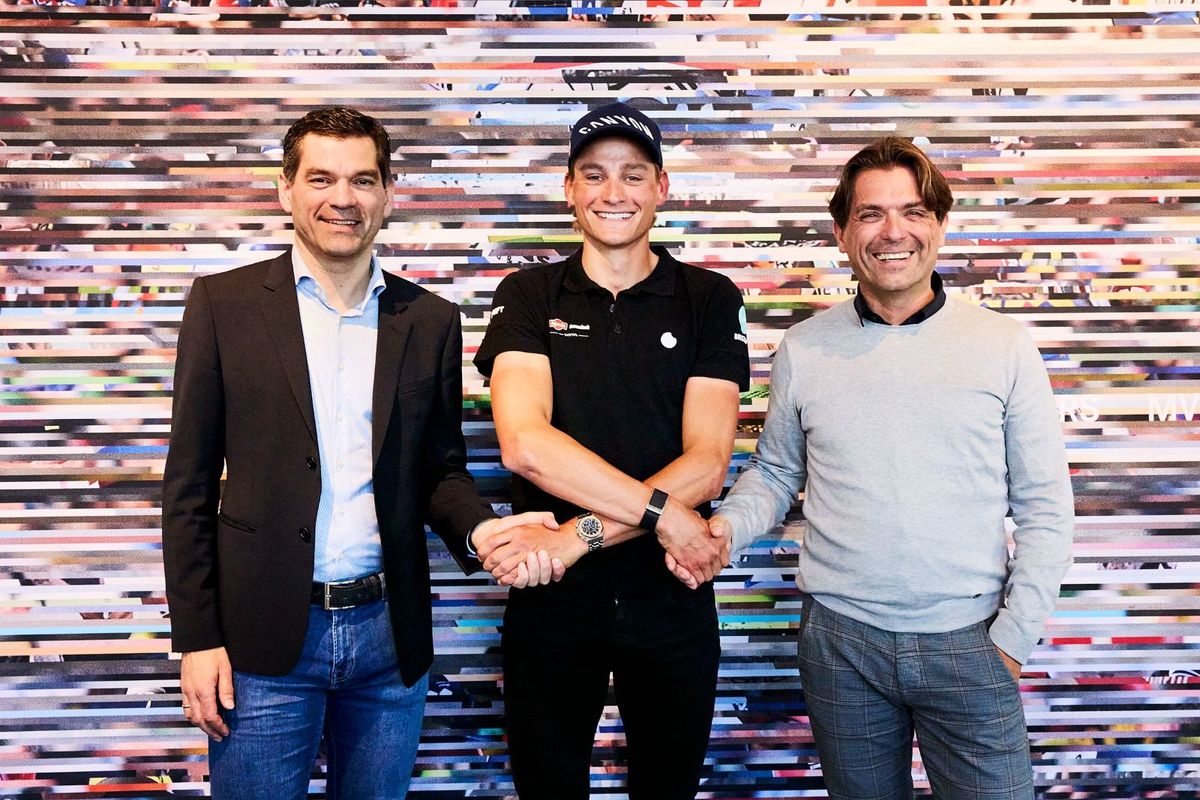
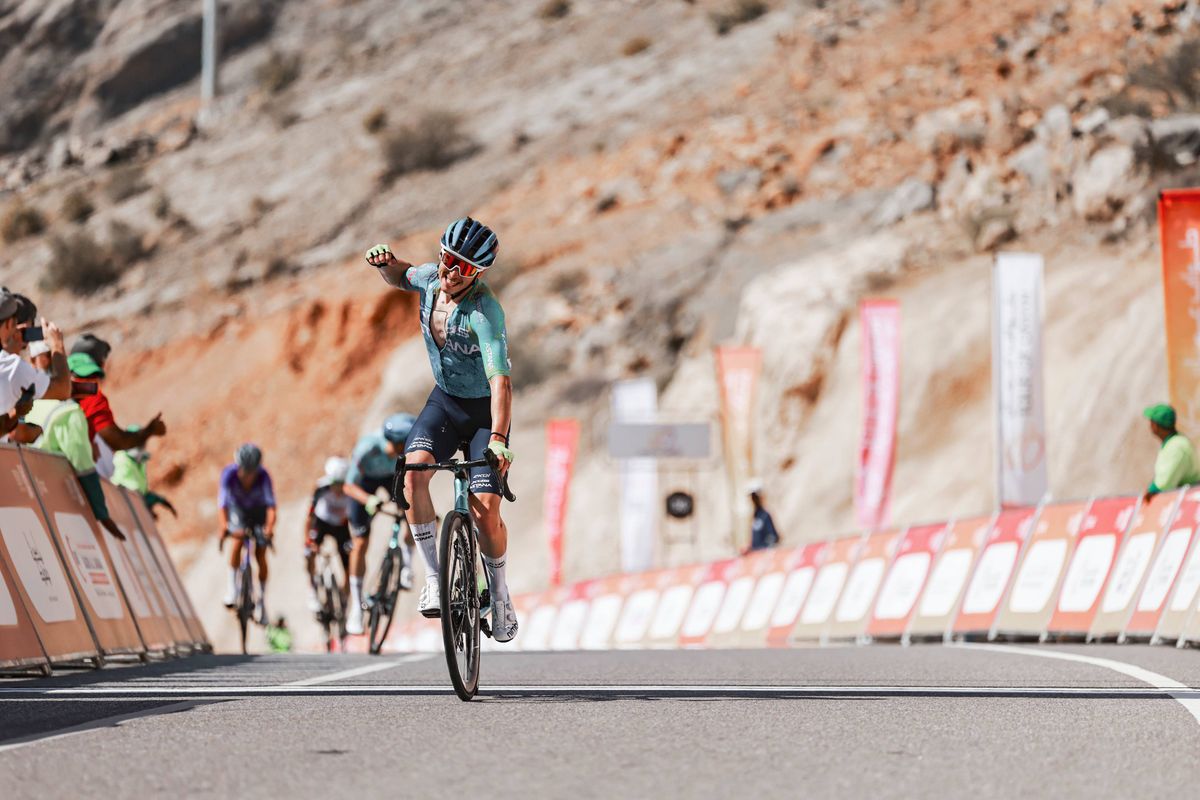
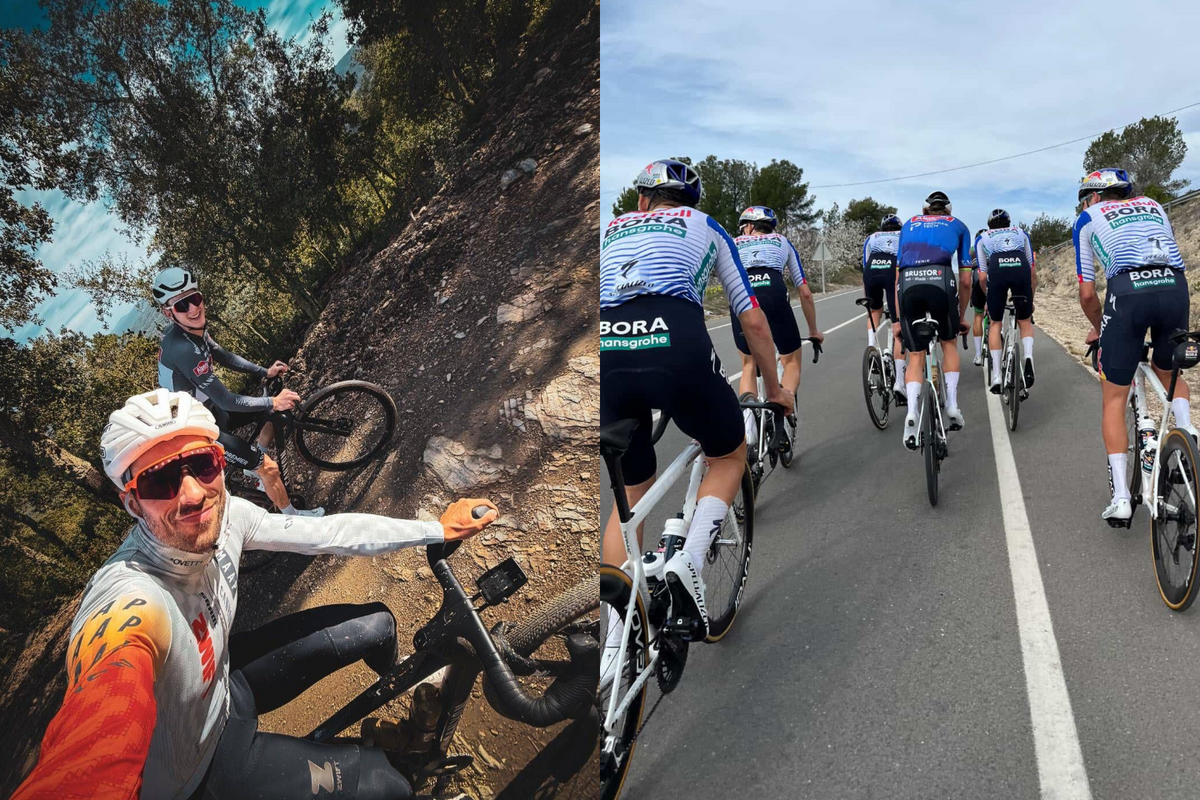
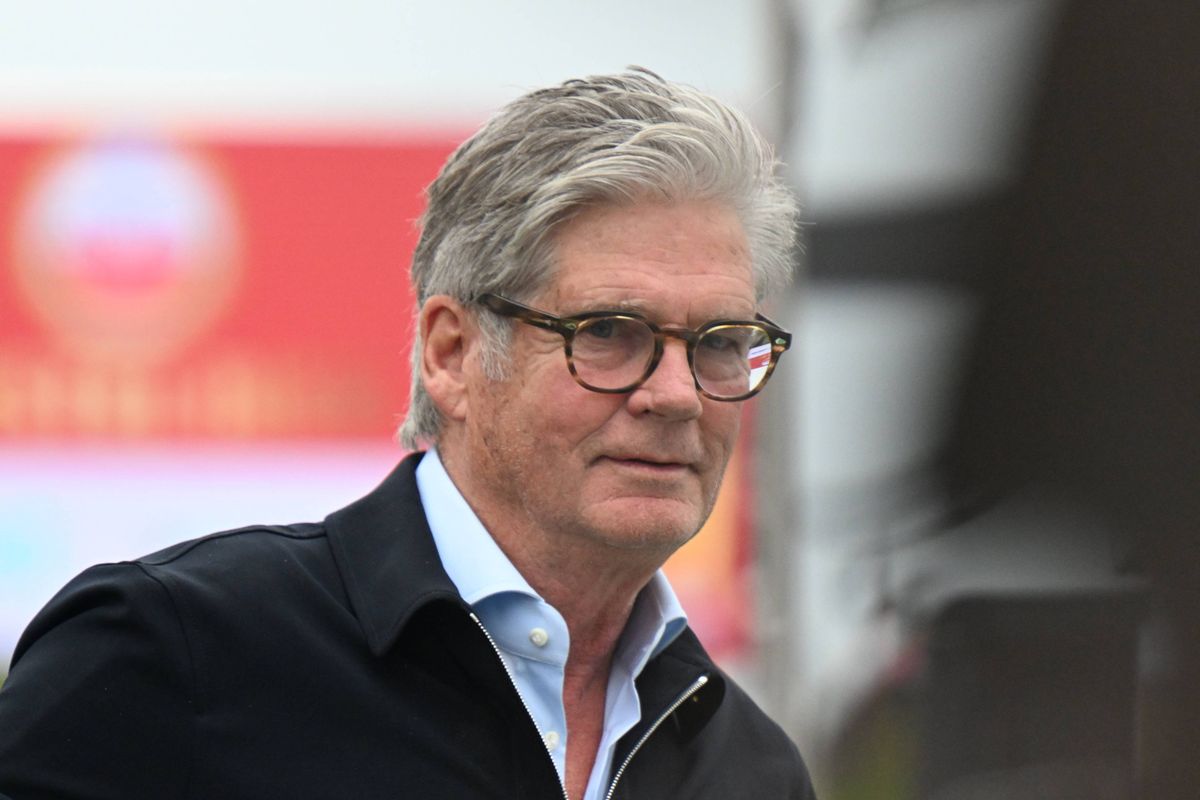
Place comments
0 Comments
You are currently seeing only the comments you are notified about, if you want to see all comments from this post, click the button below.
Show all comments